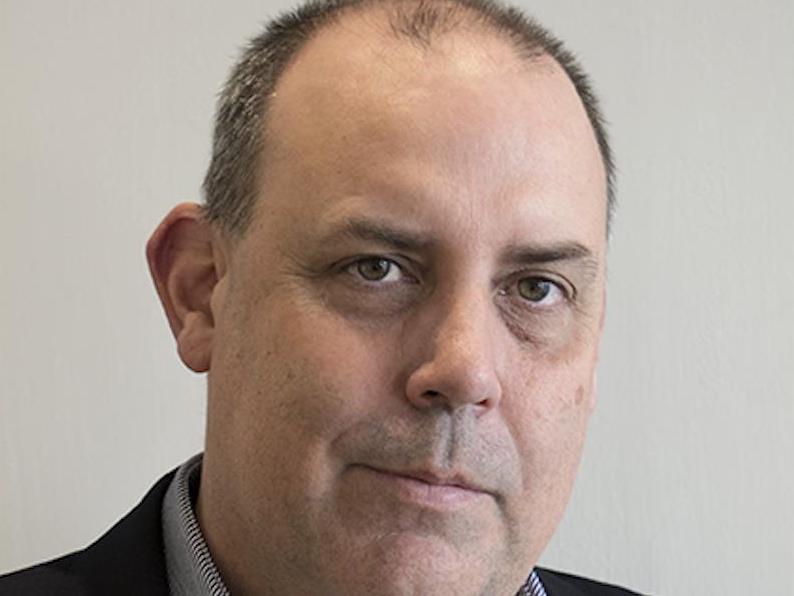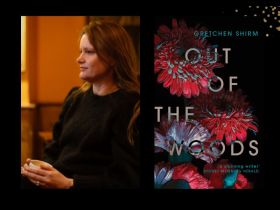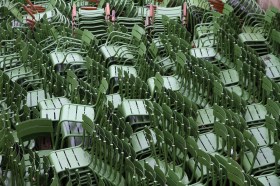Principal of Michael Fox Arts Accountant & Valuer and the Director of Fox
Galleries. Image supplied.
The arts will not feature as a point of difference in the 2019 federal election campaign. To date, neither major party has developed a coherent arts policy in more than six years, despite this sector being one of the most dynamic and resilient areas of the national economy.
The 2019 federal election will be held on 18 May. The date of the election was called a week after the 2019 Federal Budget was brought down in early April. If there is a change of government it will come with another Federal Budget, probably by October.
Taxation is the focal point of this election, with Labor’s policies on negative gearing, franking credits and family trusts diametrically opposed by the Coalition government.
Labor is vulnerable to attack over its inability to further develop its position on the arts. At its national conference last year it merely suggested it would ‘build on and further develop Creative Australia, the national cultural policy adopted … in 2013’.
It is hard to understand the reticence Labor has towards spelling out its arts policy and making it a feature of its election campaign. The government has seemed to rely on either the invisible hand of the wider economy or trickle-down economics as its way of supporting the arts. The last six years of federal arts budgets have been characterised by funding increases for one sector of the creative economy accompanied by funding cuts to another part.
Although the arts do not appear as a separate category in the Liberal Party agenda it is proposing for the election campaign, the government is to be commended for developing a sound targeted assistance package for the live music industry. It has set aside $22.5 million in the form of grants to encourage more live performances nationally.
Arts Minister Mitch Fifield’s enthusiasm for rock music may be the reason behind this announcement, in a similar way that his predecessor George Brandis’ love of ballet and opera led to increases in government funding to those sectors.
In relation to the visual arts, at any point since 2013 the government could have chosen to address the super art changes introduced by Bill Shorten and Chris Bowen when they were ministers in the Gillard Government. With the ATO relaxing its position concerning storage of artworks purchased by super funds, it would seem politically obvious that the government deal with the draconian section 61A of the SIS Act introduced by Shorten in 2011. It is after all a tax on art. Perhaps these laws will finally be amended when the next Arts Minister is revealed to have a passion for paintings.





